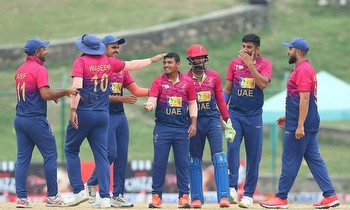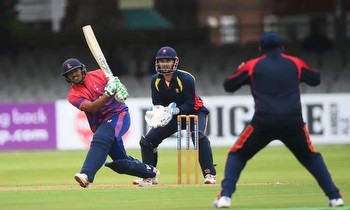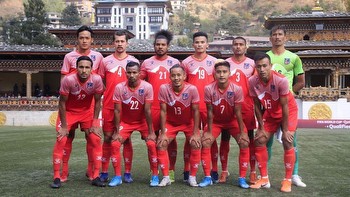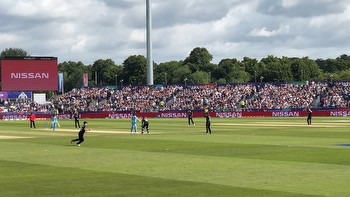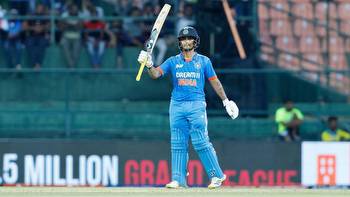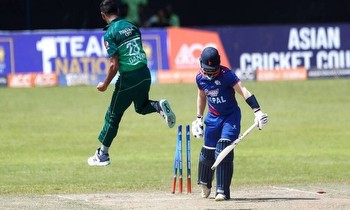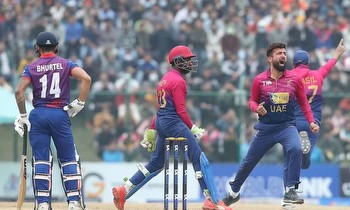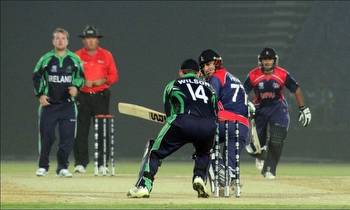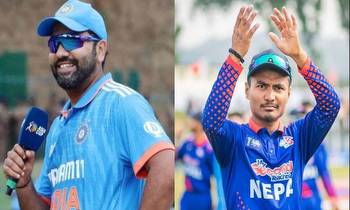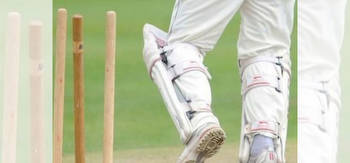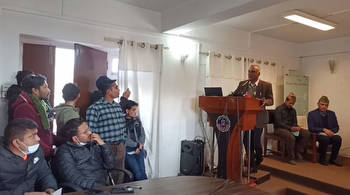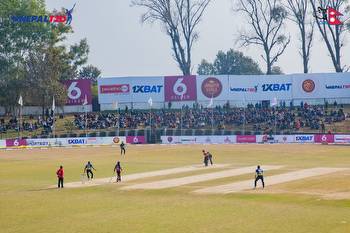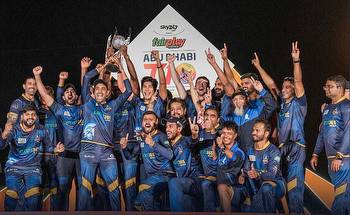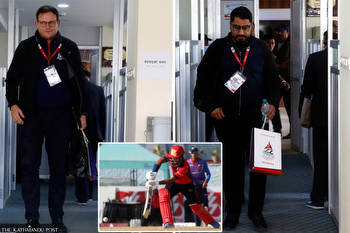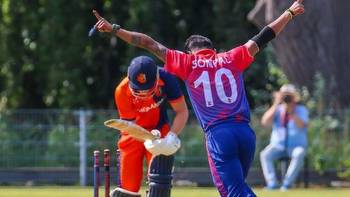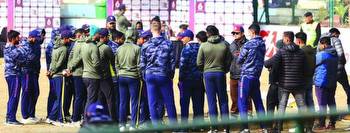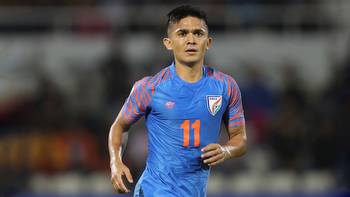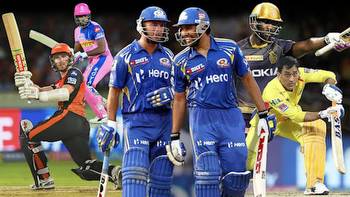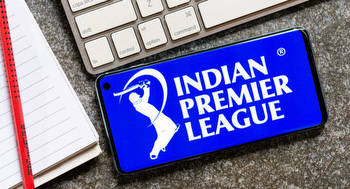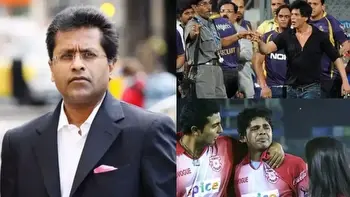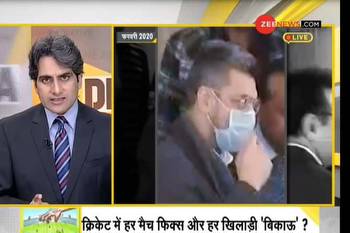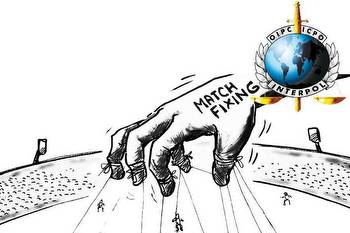Nepal T20 League: Mired in controversy, how an ambitious project spoiled Nepal cricket's global image
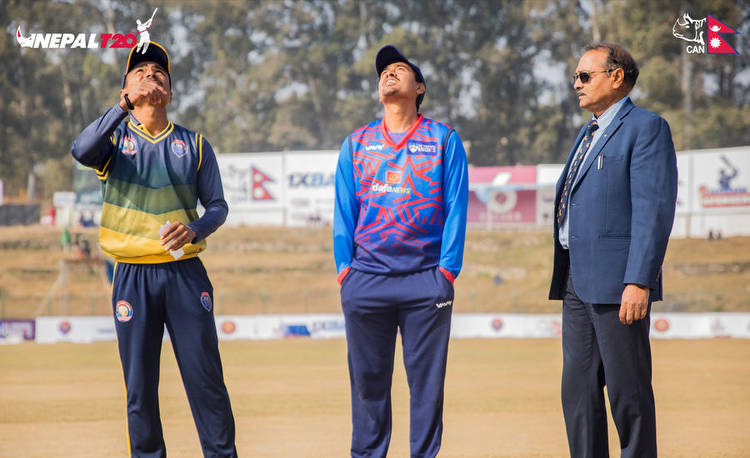
Nepal T20 League, which has been mired in one controversy after another, had its first champion: Lumbini All Stars. But, this tournament has not only exposed the managerial inability of the Cricket Association of Nepal (CAN), but it has also destroyed the image of Nepal as an emerging cricketing country as experts fear that the loss will be huge if the spot-fixing allegations are true.
The ambition achieved and lost
When Chatur Bahadur Chand became the CAN president, one of the main goals of his central committee was to host an official T20 league tournament in Nepal. The reason? The popularity of T20 cricket was on the rise and it was also a good means to raise funds for the development of cricket in the country. For that, CAN envisioned the Nepal T20 League.
The league, however, became controversial and opaque from the start. It started by giving the league to an Indian company Seven3Sports.
The idea came up during CAN’s annual general meeting in 2020. The plan was to sell the rights of the league to the company for the next 10 years and get around Rs 420 million for it.
This was too cheap. As the move was criticised both inside and outside CAN, Chand backtracked from the idea. But, he had already signed a preliminary agreement with Seven3Sports, so he could not cancel it entirely either.
The coronavirus pandemic meant all sporting activities were put on hold and Seven3Sports did not put pressure on Chand and CAN either. But as soon as the pandemic subsided, CAN announced Seven3Sports as Nepal T20 League’s strategic and commercial partner.
The league started obscurely as CAN did not give clear information about the franchise teams, prize money or sponsors. CAN held a press conference on the eve of the tournament and announced a subsidiary of a betting site 1XBet, 1XBat, as the official sponsor of the tournament and stated the prize money for the tournament would be around Rs 12.5 million.
This raised a lot of eyebrows as the league did not have any other sponsor other than the betting company. Many were questioning how Seven3Sports would pay for the prize money and the additional Rs 39 million it had to pay CAN.
Controversies from beginning to end
The controversy increased when Nepal T20 League started on December 24, 2022. The first issue was that of work permits as many foreigners played without obtaining one. A few days later, allegations were made about the league being a target of spot-fixers.
As people started to question if the spot-fixing was taking place during the league, Seven3Sports co-founder Jatin Ahluwalia disappeared and fled to India.
Chand confirmed that Ahluwalia had fled and stated that CAN was looking to terminate the contract with him.
The very next day, on January 3, players from Kathmandu Knights and Biratnagar Super Kings refused to take the field stating they had not received their salaries for their games in the Nepal T20 League. After talking with CAN, the players agreed to play the match. Following the match, Kathmandu Knights captain Gyanendra Malla even said some of his players were approached by people to fix matches.
Coincidently, that was the day when Biratnagar Super Kings changed their captain. The team, until January 3, was captained by West Indian Andre McCarthy, but the team replaced him with Rohit Paudel, who also captains Nepal’s national team.
Biratnagar had chosen Paudel as their captain initially before McCarthy was chosen but, on the eve of the Nepal T20 League, they withdrew from it, which raised eyebrows everywhere.
The reputation of the league took another hit when on Facebook telling the world how he saw instances of spot-fixing during the tournament.
That caused an uproar as people called the government to investigate the league and the allegations of spot-fixing. Home Minister Rabi Lamichhane then instructed Nepal Police to investigate the case. National Sports Council also formed a task force to investigate the case as a team of officials from the International Cricket Council’s (ICC) anti-corruption unit (ACU) came to Nepal after being reported about the incident.
The ICC has not given its verdict yet, but CIB’s preliminary reports suggest at least three Nepali and four foreign players were involved in spot-fixing.
CIB sources claim that people connected with Seven3Sports were working as agents to fix the games in the Nepal T20 League. Many believe Ahluwalia fled to India to avoid the investigation.
Chand, however, says he is in constant talks with Ahluwalia.
“He’s said he’s managing funds that Seven3Sports owes us,” says Chand.
Irresponsible CAN
CAN officials, from the beginning, had been stating that CAN is the organiser of the Nepal T20 League and Seven3Sports was only the commercial and strategic partner. But, when the tournament started, Ahluwalia and Seven3Sports started calling the shots.
“The way Seven3Sports was handed the contract was wrong. We’re seeing its impact now,” says former captain LB Chhetri, who had been questioning the contract with Seven3Sports from the start.
He is right as CAN told one lie after another to cover up the mistake in the initial agreement. Seven3Sports took advantage of it and things started to get worse for both the league and CAN.
The situation was so dire that there was no transparency about who owned the Nepal T20 League teams. Many players say never met the team owners.
The worst was when Kathmandu Knights, owned by Nepal Sports Ventures, did not even have a team manager, coach or foreign players when they played the eliminator against Biratnagar Super Kings.
Players from Biratnagar Superkings and Janakpur Royals, owned by Diamond Digicap Sports Private Limited and Gold Sports Private Limited respectively, say they did not get the expected treatment from the management.
Players from Farwest United, who were eliminated from the league stage of the Nepal T20 League, have said they did not get a single penny for playing in the tournament. The team is owned by SS Events and Ventures, a consortium based in the United Kingdom.
Only two teams seem to have been fair to their players — Pokhara Avengers and Lumbini All Stars who paid their players on time.
As per the agreement CAN signed with Seven3Sports, the latter is responsible for giving all the prizes for the tournament. Lumbini All Stars, who defeated Biratnagar Super Kings by 24 runs in the final, should get Rs 5.5 million while the runners-up are due to get Rs 3 million.
CAN says Seven3Sports will hand out this prize along with one for the best batter, bowler and emerging player. People are unsure if they will get the money as those who won the player of the match during the Nepal T20 League events are yet to get prize money.
Chand believes that Seven3Sports will hand over the prize money sooner or later. But, when asked the date for the handover of the prize money, Chand has no answer.
“The contract doesn’t say by when they need to give the prize money,” says Chand. “He (Ahluwalia) said he’s trying to raise money. Everyone will get what they are owed.”
Helpless authority
CAN itself has not got the money it is owed. Out of the Rs 39 million, CAN is still to receive Rs 17 million from Seven3Sports. As it wants this money, CAN has not been able to terminate the contract yet.
“We will hold a board meeting to see what we need to do in the future. This decision was made during the AGM so I think we should take the final decision then,” says Chand. “I think the Nepal T20 League was a success even though there were some issues. Now we should look forward and think about how we can improve it.”
That said, this tournament is proof that CAN cannot hold a major tournament in Nepal.
“This tournament was a failure and they (CAN) need to accept it,” says former captain Chhetri. “A lot of people have sacrificed so much to take Nepali cricket to this height. But I’m worried that tournaments like the Nepal T20 League will kill Nepali cricket altogether.”
This story was translated from the original Nepali version and edited for clarity and length.

